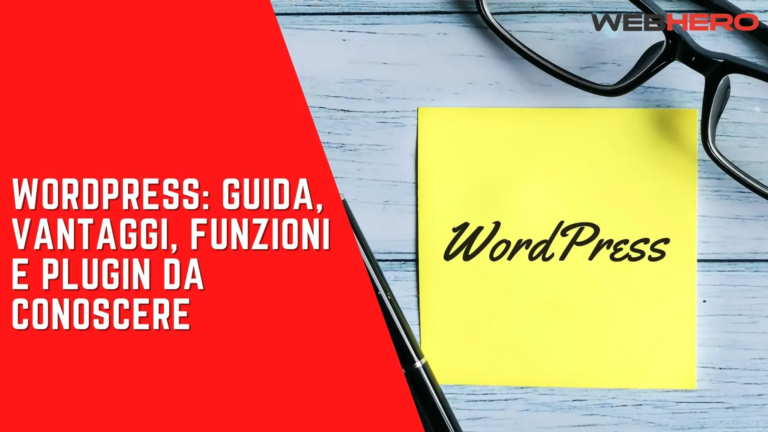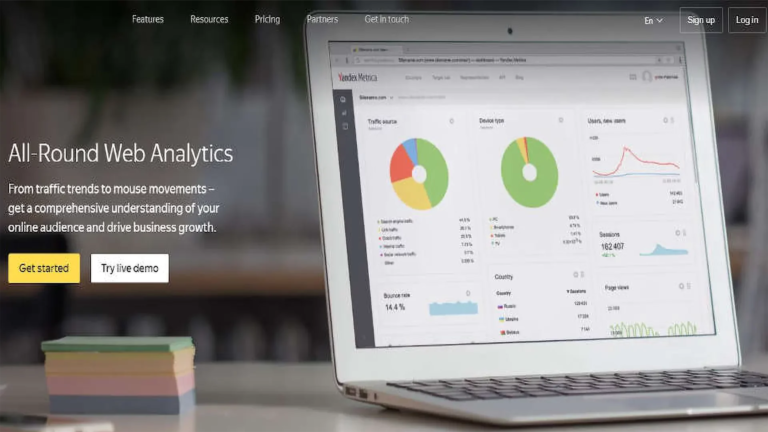Indexing is a fundamental phenomenon in order for your website to appear on Google and therefore receive visits (organic traffic). If your content is not read by Google’s crawling programs, in fact, it is as if it does not exist for it, and your online reputation will suffer.
Checking a site’s indexing status on Google is a key step in getting to rank and get visits from search engines. But how exactly does indexing work?

How does website indexing work?
Google uses programs called bots (spiders or crawlers) to scan the web for new content. Through links they go from one piece of content to another and include them in their archives. Periodically, they go through such paths again to discover new content and variations of pre-existing content.
The scanned content is included in the list of sites from which the search engine can choose those potentially to return to users’ searches. Google “fishes” from the sites included in its archives to generate result pages to offer to visitors. The order of the results is called “ranking” and is determined by Google’s algorithms through evaluations based on a large number of parameters.
Google performs indexing of websites for free and spontaneously. However, it does not happen under all circumstances; certain conditions can make it difficult for crawlers to access or store content.
Indexing can be hindered:
- by special instructions on the page (noindex meta tag) or in the robots.txt file
- by technical problems that prevent crawlers from viewing content
- by the presence of identical duplicate content
To ensure that indexing occurs correctly, check that the page contains enough text to be read, and that it is unique, i.e., not a duplicate of an already indexed page. In this case it may happen that the new content is excluded from Google’s results. In addition, the presence of duplicate content risks causing Google’s crawlers to consume unnecessary resources that it cannot use to crawl other pages. Google assigns a “crawl budget” to each site, a maximum limit of resources it allocates for crawling, and wasting it on resources that are not useful will affect the quality of indexing.
To speed up indexing you can link the pages of the site through internal links: in fact, crawlers move from one page to another through links this favors the passage of bots to the deep content of the site and makes indexing more complete.
To check whether a site is indexed, you can:
- check from tools such as Google Analytics whether it gets visits from search engines
- type into Google the formula site: followed by the content address without www (e.g., site:webhero.co.uk/page-of-example)

How to index a site on Google?
By now you may be wondering: how can you index a site on Google?
First of all, if you haven’t already done so, you can activate a Gmail email address, which you can use to sign up for Google Search Console. GSC is a Google service that allows you to manage various technical aspects of your site, including indexing.
If you want to index a particular URL (such as new content) you can enter its path in the URL Inspection tool. If the page is not indexed, it will reply that “The URL is not found on Google” and you can request a crawl.
This is still a technique to adopt to speed up the discovery of particularly important content, but it should not make up for a recurring difficulty in indexing.
If this occurs, the source of the problem must be identified in order to correct it and restore a proper crawling opportunity for crawlers.
To facilitate indexing, we can help Google by providing it with an actual list of pages to scan.
The sitemap is a map that lists all the pages on the website. This file greatly aids Google in learning what content is on the site and speeds up the inclusion of items in its archives.
To create the sitemap you can use plugins such as:
- Google XML Sitemaps
- Yoast SEO
- Rank Math
which allow you to quickly create a sitemap of the site’s files.
It is not only about indexing a website, but also about optimizing its content to make it easily understandable and valuable to search engines.
For this reason you may need the help of an SEO consultant, a professional who can guide you through the recommended procedures to make your website easily understandable and authoritative for search engines.












+ There are no comments
Add yours